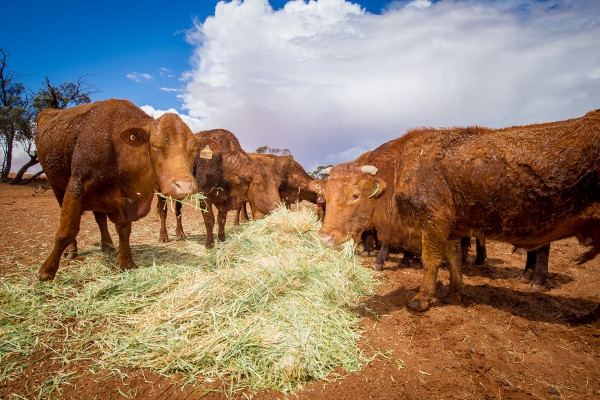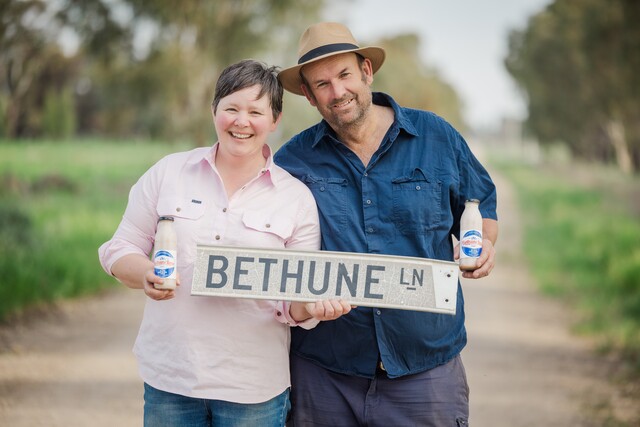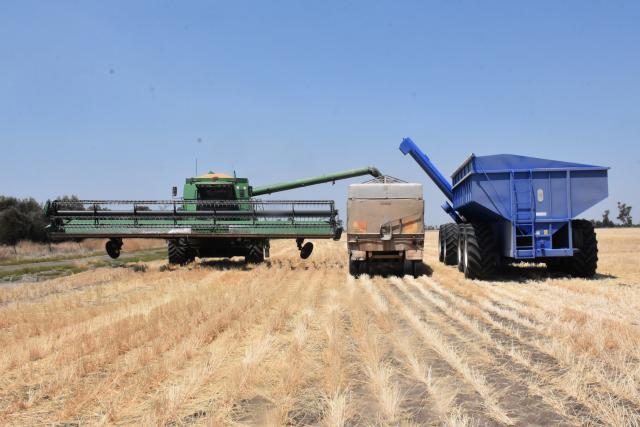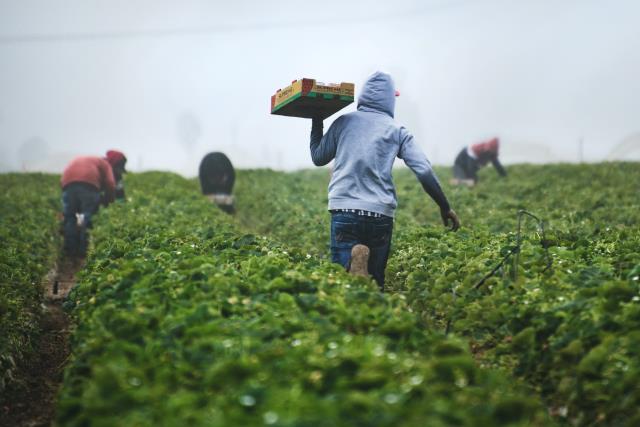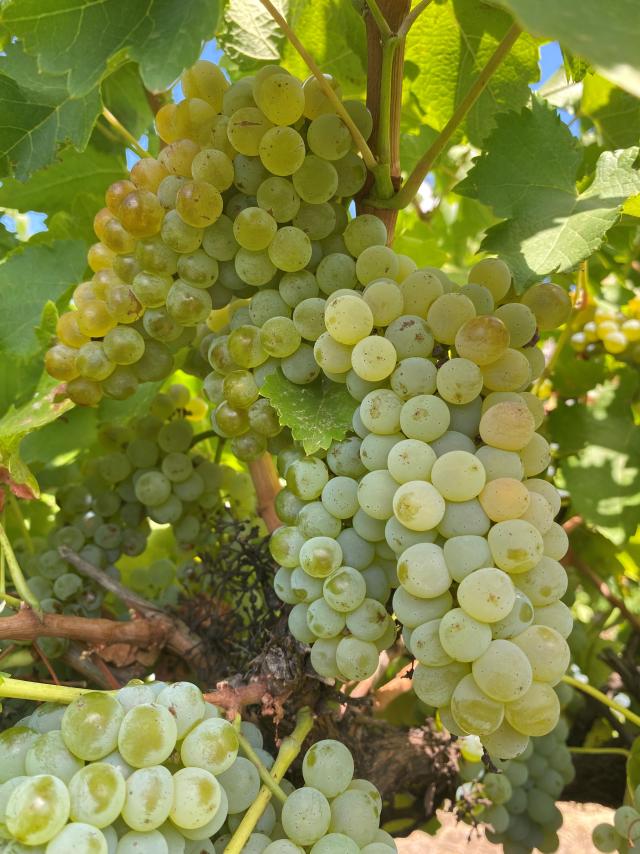AGRICULTURE Victoria staff have urged farmers to take steps to safeguard livestock as warmer weather poses risks to both animal welfare and production.
Senior veterinary officer Jeff Cave highlighted the importance of proactive measures to mitigate heat stress in animals.
“As we move through summer, heat stress in livestock can become a major issue both for production levels and animal welfare, but there are precautions that you can take,” he said.
“It’s important to remember high-producing livestock, such as dairy cows, are the animals most sensitive to heat stress.
“Poultry have been known to perish due to heat stress on very hot days.”
The optimal temperature for most cattle is between five and 25 degrees Celsius, while adult pigs have a narrower range of 18 to 20 degrees.
Dr Cave said when livestock was under heat stress it could reduce the animals’ overall production.
“Heat stress can significantly impact the production and animal welfare of your stock,” he said.
“As temperatures rise, animals use their energy to cool themselves, resulting in reduced production or weight gain.
“Feed intake is also reduced, further increasing these impacts.”
Heat-stressed animals often seek shade, drink more water, eat less, and may show other signs such as standing instead of lying down, panting, reduced milk production, and lowered fertility.
Farmers are encouraged to monitor livestock closely during hot weather and take necessary precautions to ensure animals’ wellbeing.

